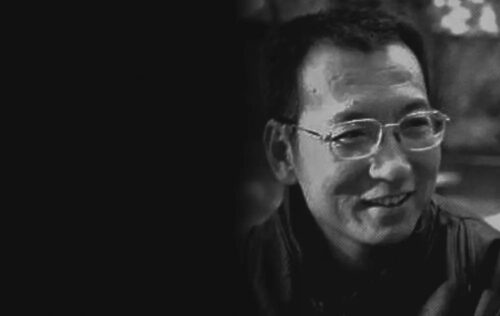Liu Xiaobo’s ashes thrown into the sea, name censored
A summary of the top news in Chinese politics and current affairs for July 17, 2017. Part of the daily The China Project newsletter, a convenient package of China’s business, political, and cultural news delivered to your inbox for free. Subscribe here.

China’s most famous political prisoner Liu Xiaobo 刘晓波 died on July 13. Human rights advocates and supporters around the world have voiced their disgust after the Chinese government chose to scatter Liu’s ashes at sea without consulting his relatives or friends. The Guardian has a roundup of some reactions from friends of Liu and his wife, Liu Xia 刘霞, who remains under house arrest despite having been charged with no crime, while Sophie Richardson of Human Rights Watch called the sea burial “torture” for Liu’s widow.
The death of Liu Xiaobo has led to unprecedented censorship within China, to the point that “for the first time we see image filtering in one-to-one chat, in addition to image filtering in group chats” on WeChat, China’s most popular messaging app, Citizen Lab found after an investigation.
- Japan
Chinese coastguard ships enter Japanese waters north of Kyushu island for the first time / SCMP - Xinjiang
China launches racial profiling campaign to assess Uyghurs’ security risk / Radio Free Asia - Shanghai
Why Shanghai’s best-known liberal bookshop is closing down / SCMP - U.S.-China relations
A Brooklyn murder’s decades-old origins in rural China / NYT (paywall)






